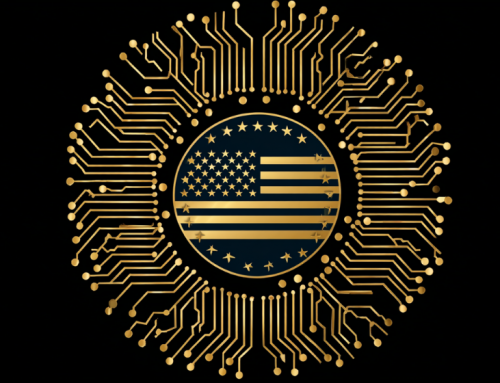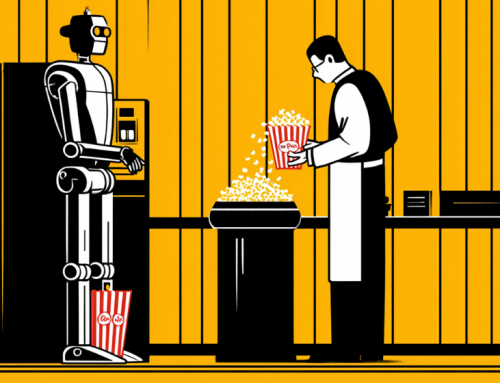
AI Research Community Faces Unresolved Ethical Quandaries
After horrific trial and error over the centuries, scientific research has developed its own stringent ethical boundaries, codified in the traditions of the discipline as well as in law.
Individuals’ health and privacy are of utmost concern in current law and ethical practices, and yet who will govern the brave new world in which anonymized data and deep learning can betray the most intimate details about individuals and populations while not falling afoul of yesterday’s rapidly obsolescing ethical standards? Wired explores the troubling ethical quandaries of emerging technologies and the need for new standards and laws in machine ethics.
About a week ago, Stanford University researchers posted online a study on the latest dystopian AI: They’d made a machine learning algorithm that essentially works as gaydar. After training it with tens of thousands of photographs from dating sites, the algorithm could perform better than a human judge in specific instances. For example, when given photographs of a gay white man and a straight white man taken from dating sites, the algorithm could guess which one was gay more accurately than actual people participating in the study.* The researchers’ motives? They wanted to protect gay people. “[Our] findings expose a threat to the privacy and safety of gay men and women,” wrote Michal Kosinski and Yilun Wang in the paper. They built the bomb so they could alert the public about its dangers.
Alas, their good intentions fell on deaf ears. In a joint statement, LGBT advocacy groups Human Rights Campaign and GLAAD condemned the work, writing that the researchers had built a tool based on “junk science” that governments could use to identify and persecute gay people. AI expert Kate Crawford of Microsoft Research called it “AI phrenology” on Twitter. The American Psychological Association, whose journal was readying their work for publication, now says the study is under “ethical review.” Kosinski has received e-mail death threats.
But the controversy illuminates a problem in AI bigger than any single algorithm. More social scientists are using AI intending to solve society’s ills, but they don’t have clear ethical guidelines to prevent them from accidentally harming people, says ethicist Jake Metcalf of Data & Society. “There aren’t consistent standards or transparent review practices,” he says. The guidelines governing social experiments are outdated and often irrelevant—meaning researchers have to make ad hoc rules as they go.
Right now, if government-funded scientists want to research humans for a study, the law requires them to get the approval of an ethics committee known as an institutional review board, or IRB. Stanford’s review board approved Kosinski and Wang’s study. But these boards use rules developed 40 years ago for protecting people during real-life interactions, such as drawing blood or conducting interviews. “The regulations were designed for a very specific type of research harm and a specific set of research methods that simply don’t hold for data science,” says Metcalf.
Read more: AI Research Is in Desperate Need of an Ethical Watchdog






